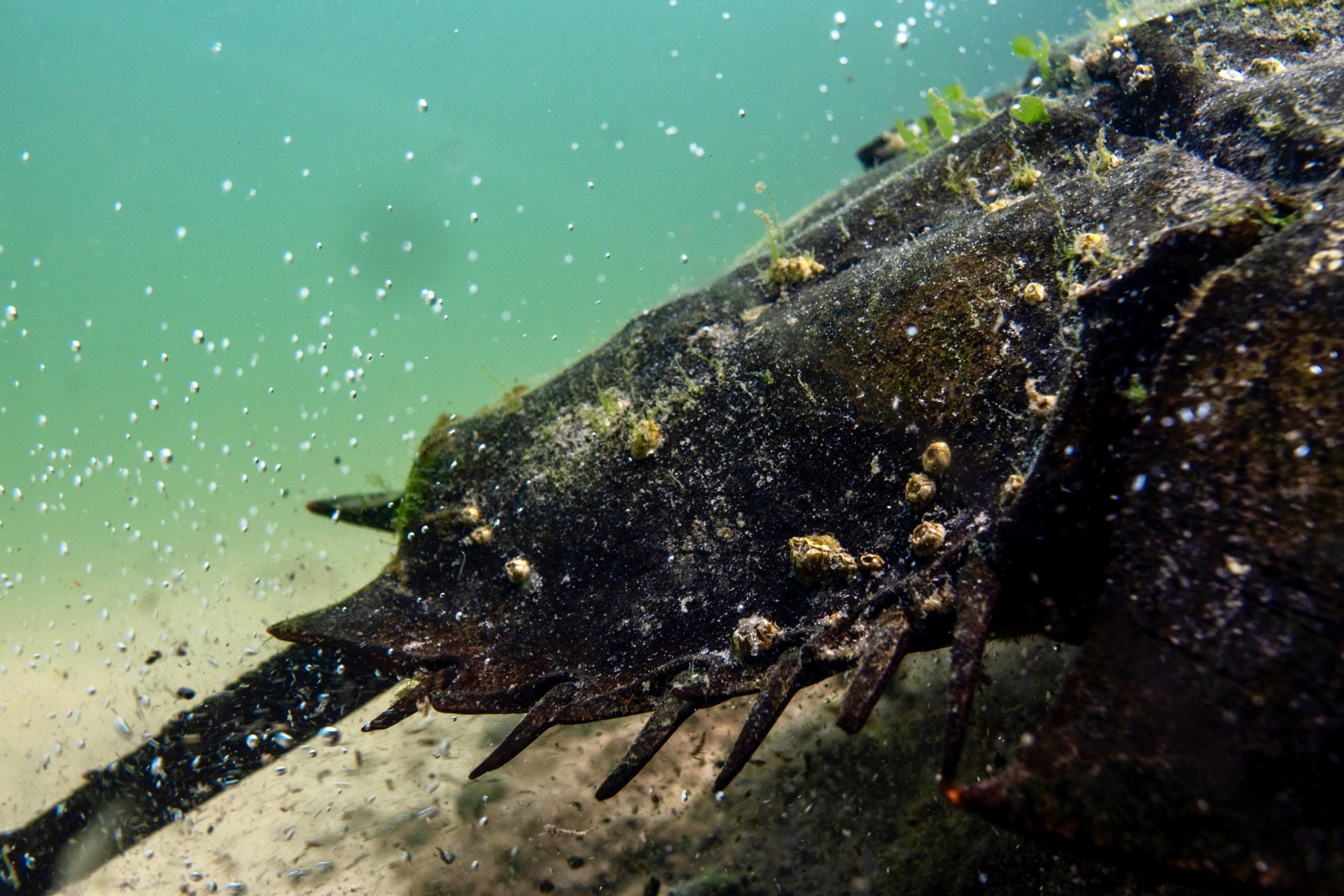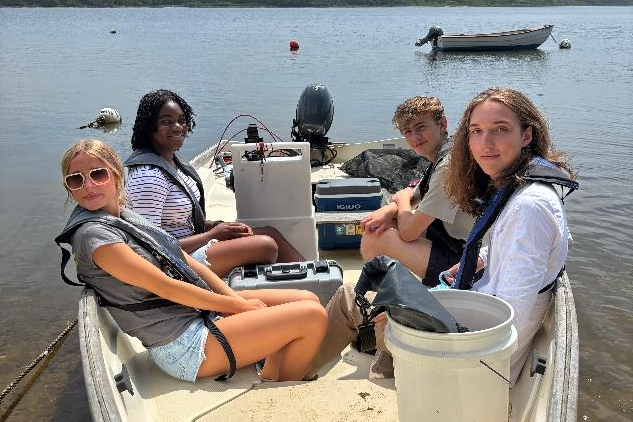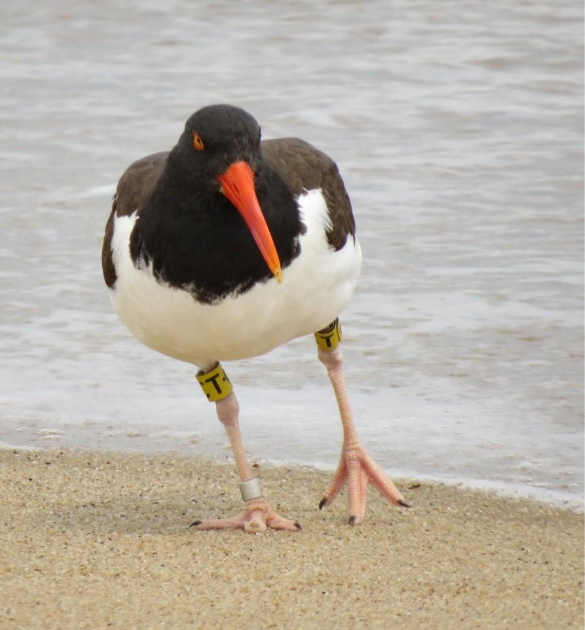Though COVID-19 restrictions made this year a particularly challenging summer, beach and ecology staff rose to the occasion, and statewide piping plover productivity on Trustees beaches exceeded the statewide target of 1.24 chicks per pair, with 69 pairs fledging 89 chicks.
This indicates a stable, and slightly increasing population.
“Plovers are a state and federally listed threatened shorebird,” explains Russell Hopping, Trustees Lead Ecologist, Coastal Ecology. “Good production years like 2020 mean we’re making progress on preserving the future of this iconic beach species, and that our beaches are being managed well for high-quality habitat.”
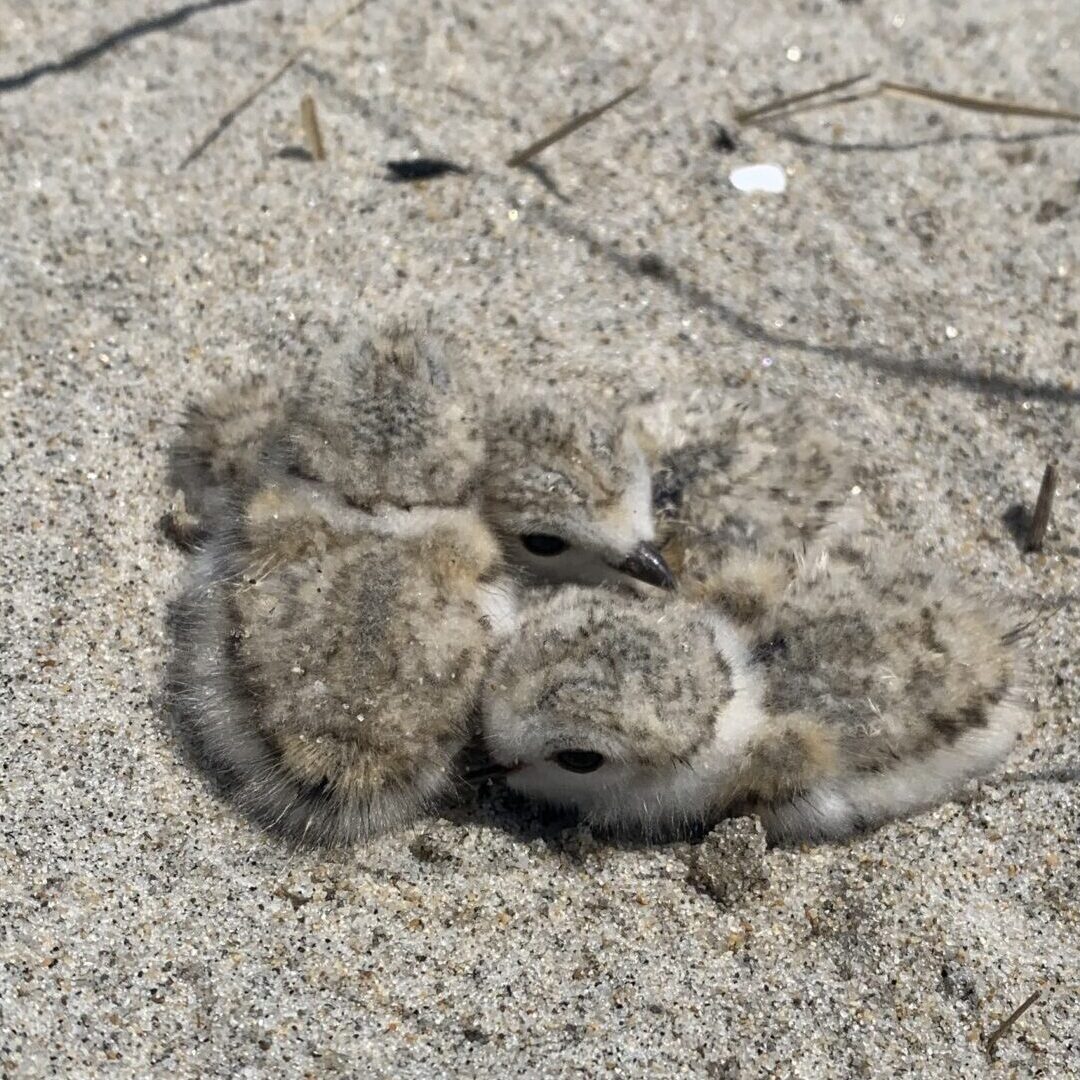
Newly hatched plover chicks on Crane Beach
Notably, this summer’s numbers include a significant jump in plover productivity on Martha’s Vineyard and Nantucket, where the number of fledglings doubled year-over-year. Building on the success of last summer, Crane was again one of the beaches with the highest number of plover pairs in the state. In addition to plovers, Trustees beaches supported 19 pairs of American Oystercatcher that fledged 12 chicks. While fewer pairs of terns nested this year overall 149 pairs of least terns nested on Crane Beach, and had a good year fledging chicks.
“The shorebirds visiting our beaches in the summer face many challenges, including traveling hundreds of miles from their wintering grounds, and storms that threaten their nests and chicks,” adds Hopping. “Managing for resilient beaches is one way The Trustees can continue to provide these birds a safe place to nest and fledge their chicks. Our beaches will continue to welcome migratory shorebirds throughout the winter including sanderlings and dunlins but also snowy owls and snow buntings as well.”
As we wish our birds well on their journey south for the winter, The Trustees would also like to thank our beachgoers for respecting the fenced-off areas and temporary beach restrictions. Your understanding and support make you a big part of this success story!
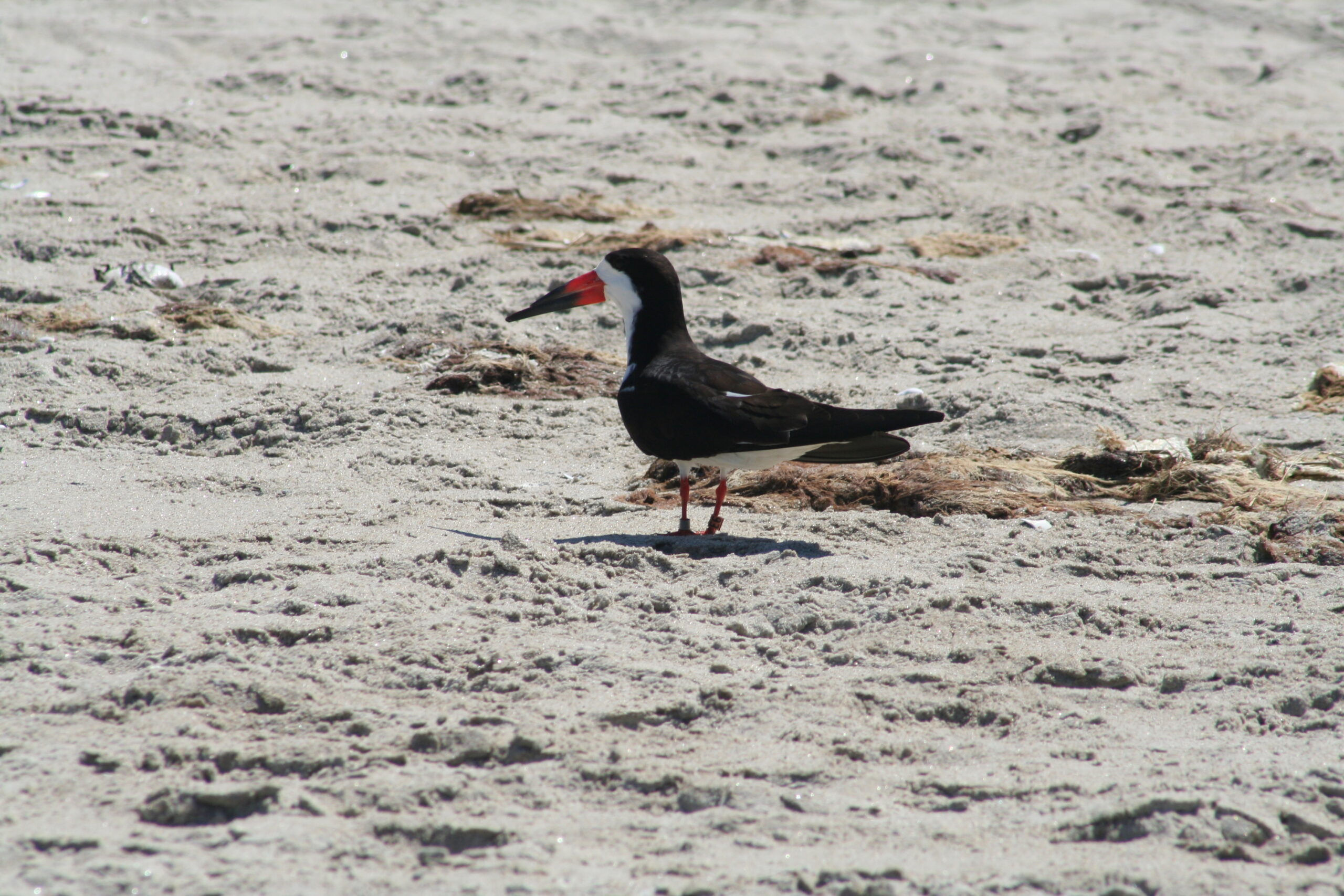
American Oystercatcher
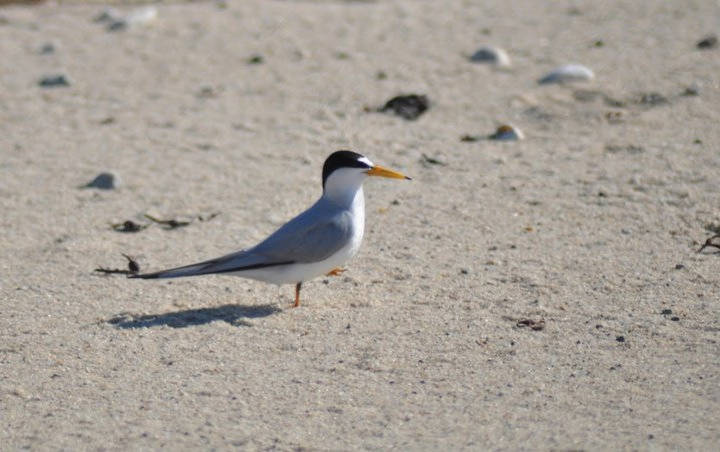
Least Tern (Image courtesy USFWS)
